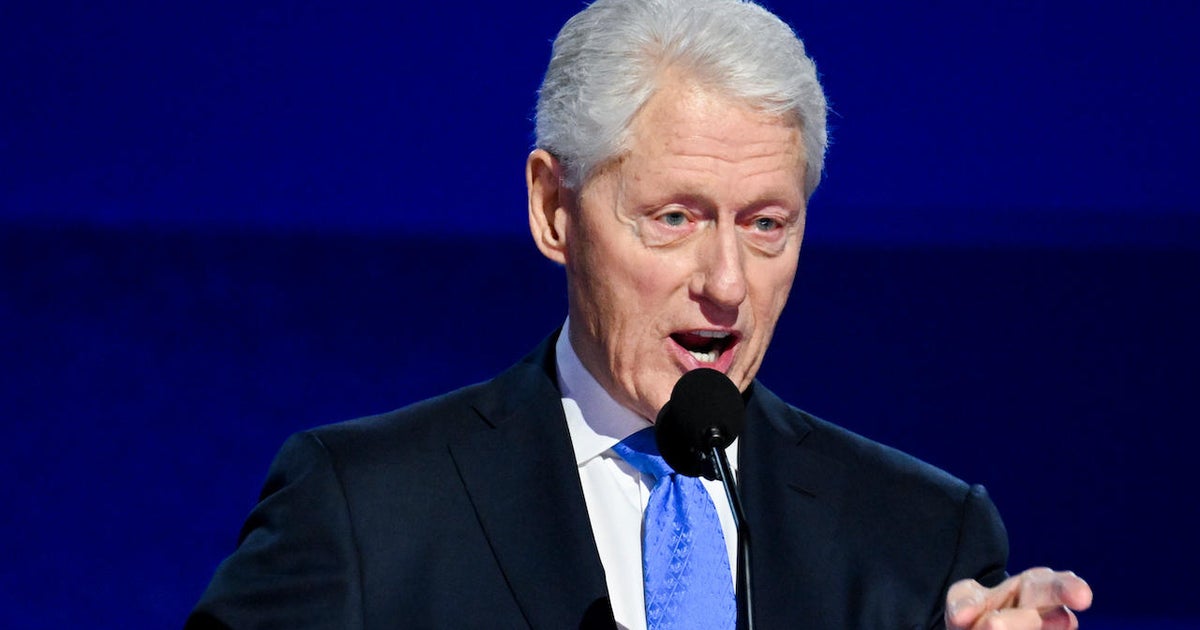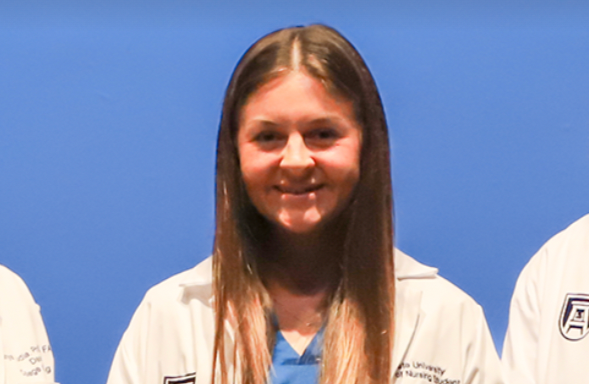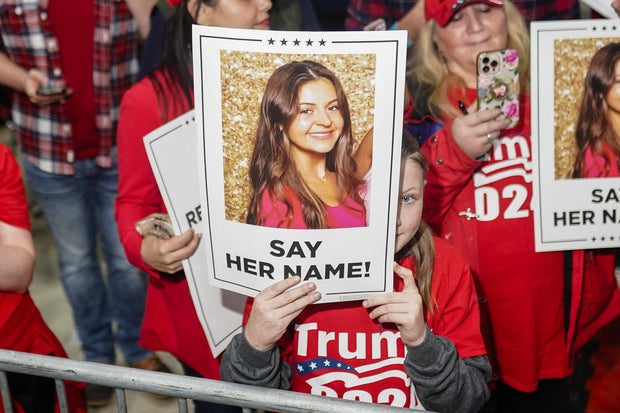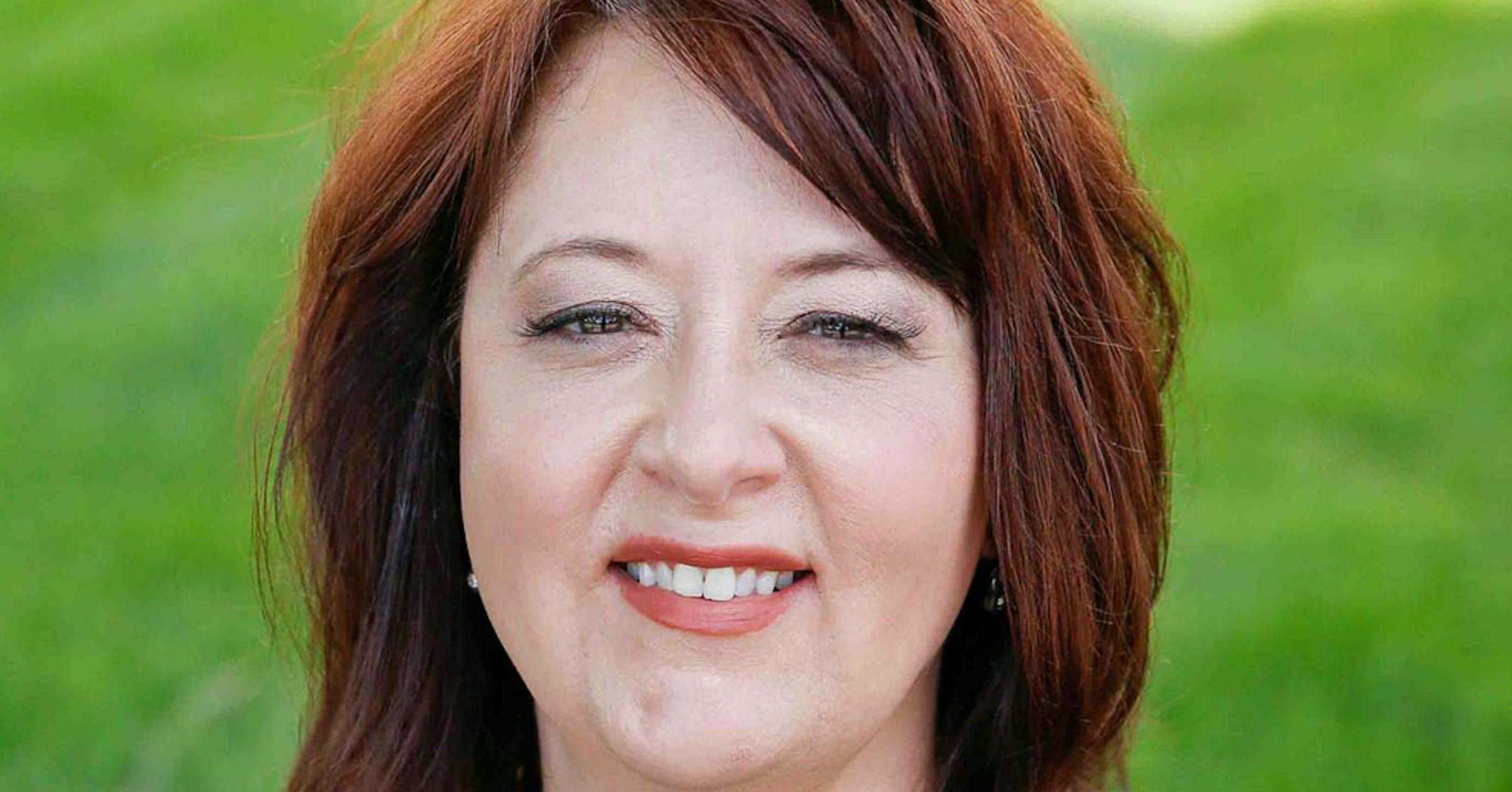CBS News
Book excerpt: “Citizen: My Life After the White House” by Bill Clinton
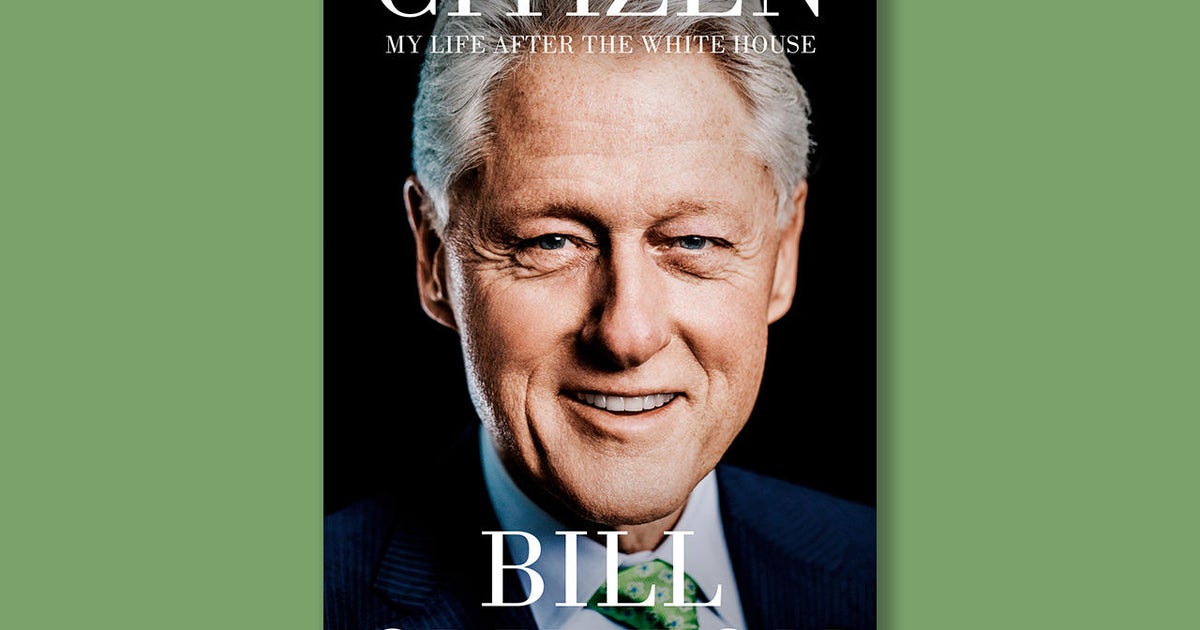
Knopf
We may receive an affiliate commission from anything you buy from this article.
In the twenty-three years since he left the White House, former President Bill Clinton has worked to refashion a life of politics as a public servant and elected official, into that of a private citizen aiming to advance the promise of America, at a time when there was emerging, in his words, “Two Americas … with very different stories.”
In his new book, “Citizen: My Life After the White House” (to be published Tuesday by Knopf), Clinton considers the post-presidencies of other chief executives, from John Quincy Adams to Jimmy Carter, and how he himself is determined to “live in the present and for the future.”
Read an excerpt below, and don’t miss Tracy Smith’s interview with Bill Clinton on “CBS Sunday Morning” November 17!
“Citizen: My Life After the White House” by Bill Clinton
Prefer to listen? Audible has a 30-day free trial available right now.
On January 21, 2001, after twenty-five years in politics and elected office, eight as president, I was a private citizen again. I often joked that for a few weeks, I was lost whenever I walked into a room because no one played a song to mark my arrival. “Hail to the Chief” was now my successor’s anthem. I had loved being president, but I supported the two-term limit and was determined not to spend a day wishing I still had the job. I wanted to live in the present and for the future. Except on rare occasions, I have kept that promise to myself, though it got a lot harder after the 2016 election, harder still after the coronavirus struck, George Floyd’s killing, the January 6, 2021, attack on our Capitol, and the inventive efforts of the right-wing culture warriors to find new ways to stoke grievances without sensible plans to make things better for themselves and for all the rest of us.
The years after the White House are different for every former president. In 2001, I was only fifty-four, with a lot of energy, useful experience, and contacts from my years in politics that could and should be used to serve the public as a private citizen.
So how should a former president do that? Several of my predecessors had made a real difference in their time, disproving John Quincy Adams’s famous maxim that “there is nothing more pathetic in life than a former President.” Adams himself served sixteen years in Congress, two of them with Abraham Lincoln, where he led the fight against slavery on the floor of the House. He also represented the captive African Mende people aboard the Amistad in the Supreme Court, winning their release before they could be sold into slavery. Theodore Roosevelt started a new party and ran for president, finishing second in 1912, the only third-party candidate to do so. William Howard Taft became chief justice of the Supreme Court. Herbert Hoover led an effort to modernize and reorganize the federal civil service under President Harry Truman. And Jimmy Carter built a remarkable record with his foundation, eliminating the scourge of guinea worm in Africa, overseeing elections in tough places, and becoming, along with Rosalynn, the face of Habitat for Humanity.
Although Hillary was now serving in the Senate, I had always been impressed by the impact she had by working with nongovernmental organizations, beginning with the Children’s Defense Fund. And I had learned a lot in our White House years watching her work with civil society groups in Africa, Northern Ireland, India, and elsewhere.
So I decided to set up a foundation with a flexible but clear mission: to maximize the benefits and minimize the burdens of our new century in the United States and across the world. I was excited about the possibilities and hoped I could do it.
Meanwhile, I had a more immediate agenda. I wanted to support Hillary, just starting her service as a senator from New York, and Chelsea, only a few months from graduating from Stanford, so they could stay in public life if they wanted to do so and be financially secure if I didn’t live long, which, given my family history, seemed likely. To do that and pay my substantial legal bills run up during the Whitewater investigations and the impeachment process, I had to start making money, something that had never interested me before. As governor of Arkansas, I had made $35,000 until the voters raised it to $60,000 a couple of months before I left office. As president I made $200,000, and paid for most of our family’s expenses out of it, in large part because the job provided excellent public housing!
By the time I left office, I had given a lot of thought to how to increase the opportunities and decrease the problems of our interdependence. We had to create more fairly shared prosperity, shoulder more shared responsibilities, and build more communities in which our differences are respected, but our common humanity matters more.
But the America that I found myself working in had changed in many ways since I had started in politics in the 1970s, and even in the short time since I’d left the White House. Two Americas were emerging with very different stories. One believes that our diversity makes us stronger, and better able to achieve shared prosperity through shared opportunities and responsibilities and equal treatment in our local, state, and national communities. The other believes they are in a battle for all that has been lost by our increasing diversity and economic stagnation, mostly in more rural areas. They feel they’ve lost control over our economy, our social order, and our culture. They’re determined not to lose control over our politics, and to use politics to regain control over the other three.
I still believe we all do better when we work together. In such a polarized environment, that means you have to be willing to work with people who don’t think like you along with those who do. Almost always, cooperation beats conflict, and when you do have to stand your ground, it’s wise to leave the door open for reconciliation. The ability to do that distinguishes great leaders. Think of Nelson Mandela putting the leaders of parties who had imprisoned him for twenty-seven years in his cabinet, or Yitzhak Rabin keeping the peace process alive while acts of terror claimed the lives of innocent citizens and eventually claimed his.
Following this path is challenging even in less violent times. My family has had a lot of experience with highly personal attacks which were not just hurtful to us, but hurt the country by distracting attention from the real debate: how best to meet our common challenges. When the going got rough, I tried to imagine that I was one of those big inflatable toys of the cartoon figures Baby Huey or Casper the Friendly Ghost—they were big favorites of kids when I was in elementary school. You could knock them down and they always bounced right back up. To survive in politics, that’s what you have to do, over and over. Maybe we should start producing those bouncing figures again, as representative of happy warriors reaching across our great divide. People could keep them at home and at work, starting and finishing every workday by knocking them down and smiling when they bounce back. It might clear our heads and help us to get back in the building and cooperating business.
A life in public service can be deeply rewarding if you accept that in the constant ebb and flow of history there are no permanent victories or defeats, and never forget that every life is a story that, regardless of time and circumstance, deserves to be seen and heard.
As I entered this new chapter of my life, I knew that I’d keep score the way I always have: Are people better off when you quit than when you started? Do our children have a brighter future? Are we coming together instead of falling apart?
This book is the story of my twenty-three-plus years since leaving the White House, told largely through the stories of other people who changed my life as I tried to help change theirs, of those who supported me, including those I loved and lost, and of the mistakes I made along the way.
I’m very grateful that, with the help of my family, friends new and old, a great staff, and the endurance of my curiosity, energy, and ability to work, I have been able to have a life full of new experiences and new ways to help and empower people as a private citizen while finding real joy in our small but growing family. I’ve loved cheering Hillary on as a senator, secretary of state, presidential candidate both in 2008 and in 2016, and watching with wonder the life Chelsea has built with her work in the private sector, in academia, the Clinton Foundation and the Clinton Health Access Initiative, with the books she’s authored, and her family life with Marc, whom I love and admire. Chelsea says she and Marc are teaching their kids to “be brave and be kind.” It shows. I love being their grandfather, and am so glad Chelsea and Marc welcome Hillary and me to be involved in their lives.
When this book comes out, I’ll be seventy-eight—the oldest person in my family since my maternal great-grandparents, straight out of American Gothic, made it into their late seventies. But I still think and dream about how people can live better lives together, and still want to help them do it. I can’t sit still and can’t go back. So, as many people do every day, I aim to get caught trying. It’s the real American way.
Excerpted from “Citizen: My Life After the White House” by Bill Clinton, published by Alfred A. Knopf, an imprint of The Knopf Doubleday Group, a division of Penguin Random House LLC. Copyright © 2024 by Bill Clinton. All rights reserved. No part of this excerpt may be reproduced or reprinted without permission in writing from the publisher.
Get the book here:
“Citizen: My Life After the White House” by Bill Clinton
Buy locally from Bookshop.org
For more info:
CBS News
What Trump’s choice of RFK Jr. could mean for public health

Watch CBS News
Be the first to know
Get browser notifications for breaking news, live events, and exclusive reporting.
CBS News
Democratic senators ask Pentagon and DOJ to investigate any Elon Musk contact with Putin and other top Russians
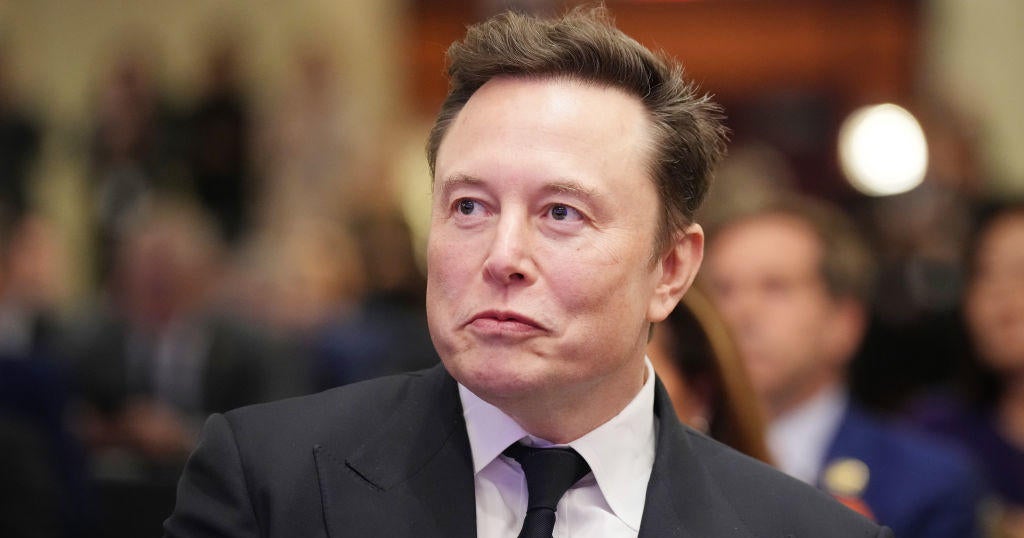
Two top Democratic senators are asking the Pentagon and the Justice Department to investigate billionaire Trump ally Elon Musk’s reported contacts with Russian President Vladimir Putin and other top Russian officials in recent years.
Sen. Jack Reed, chairman of the Senate Armed Services Committee, and Sen. Jeanne Shaheen, a top member of the Senate Armed Services and Foreign Relations Committees, wrote a letter to Defense Department Inspector General Robert Storch and Attorney General Merrick Garland Friday, urging them to determine whether Musk’s reported contacts with the Russians should force a review of the federal government’s contracts with his company, SpaceX. Reuters was first to report the request.
The Wall Street Journal reported in October that Musk has been in regular contact with Putin since late 2022, and that Putin asked Musk to activate his Starlink satellite internet program over Taiwan for Chinese President Xi Jinping. SpaceX did not immediately respond to a request for comment.
Shaheen and Reed expressed concern that giving a security clearance to someone with a reported history of Russian communications could pose a national security risk.
“These relationships between a well-known U.S. adversary and Mr. Musk, a beneficiary of billions of dollars in U.S. government funding, pose serious questions regarding Mr. Musk’s reliability as a government contractor and a clearance holder,” the senators wrote.
The world’s richest man has become a close ally of President-elect Donald Trump in recent months, giving over $130 million to help elect him, campaigning and traveling with him, and weighing in on Cabinet picks. Trump announced earlier this week that he’s tapping Musk and businessman Vivek Ramaswamy to lead a new Department of Government Efficiency.
CBS News also reported Friday that Musk recently met with Iran’s ambassador to the U.N., Amir Saeid Iravani, at the ambassador’s residence in New York, according to two sources familiar with the meeting. The U.S. does not have diplomatic relations with Iran.
The senators also sent a separate letter to Air Force Secretary Frank Kendall, expressing their concern that the Space Force’s reliance on SpaceX could also affect national security.
and
contributed to this report.
CBS News
Man accused of killing Georgia nursing student Laken Riley “went hunting for females,” prosecutor says

A Venezuelan man “went hunting for females on the University of Georgia’s campus” earlier this year and ended up killing nursing student Laken Riley after a struggle, a prosecutor said Friday. The man’s lawyer, though, said the evidence is circumstantial and doesn’t prove his client is guilty.
Jose Ibarra, who entered the U.S. illegally, is charged with murder in the February killing, which helped fan the immigration debate during this year’s presidential campaign. Ibarra waived his right to a jury trial, meaning his case is being heard and decided by Athens-Clarke County Superior Court Judge H. Patrick Haggard.
Prosecutor Sheila Ross told the judge that Ibarra encountered Riley Feb. 22 while she was running on the University of Georgia campus in Athens. Riley, 22, was a student at Augusta University College of Nursing, which also has a campus in the city that is about 70 miles east of Atlanta.
“When Laken Riley refused to be his rape victim, he bashed her skull in with a rock repeatedly,” Ross said, adding that the evidence would show that Riley “fought for her life, for her dignity.”
As a result of that fight, Ibarra’s DNA was left under her fingernails, Ross said. Riley called 911 and, in a struggle over her phone, Ibarra’s thumbprint was left on the screen, she said.
That forensic evidence is sufficient to prove Ibarra’s guilt, but digital and video evidence also prove that Ibarra killed Riley, the prosecutor said.
Augusta University
Defense attorney Dustin Kirby called the evidence in the case graphic and disturbing, but he said none of it proves that his client killed Riley.
“The evidence in this case is very good that Laken Riley was murdered,” he said. “The evidence that Jose Ibarra killed Laken Riley is circumstantial.”
The killing added fuel to the national debate over immigration when federal authorities said Ibarra illegally entered the U.S. in 2022 and was allowed to stay to pursue his immigration case.
Republicans, including President-elect Donald Trump, blamed Democratic President Joe Biden’s border policies for her death. As he spoke about border security during his State of the Union address weeks after the killing, Biden mentioned Riley by name.
ELIJAH NOUVELAGE/AFP via Getty Images
Riley’s mother, Allyson Phillips, and other family members packed the courtroom Friday morning but didn’t return after lunch. Phillips put her face in her hands and cried frequently, especially when photos of her daughter were shown and during descriptions of what happened to her.
Ibarra, dressed in a plaid shirt and dark slacks and with his feet chained, wore headphones to hear a Spanish-language interpreter. He appeared attentive, sometimes looking up when photos or video were shown and other times looking down at his lap.
During her opening statement, Ross laid out a timeline using doorbell and surveillance camera footage, as well as data from Riley’s phone and watch, to piece together her final moments.
Riley left home at 9:03 a.m. and headed for wooded trails where she often ran. Data from her watch shows that at 9:10 a.m., she was running at a fast pace when something happened that made her “stop dead in her tracks.” She called 911 at 9:11 a.m.
A 911 dispatcher answered but no one responded when she repeatedly sought a response, and then the call was ended by the caller. The dispatcher immediately called back, but no one answered.
“Her encounter with him was long. Her fight with him was fierce,” Ross said, noting that Riley’s watch data showed her heart was still beating until 9:28 a.m.
Ross also played security camera video that shows a man she said is Ibarra at 9:44 a.m. in a parking lot at his apartment complex. The man tossed something in a recycling bin and then appeared to throw something in nearby bushes. In the recycling bin, officers found a dark hooded jacket with blood that turned out to be Riley’s on it and strands of long dark hair caught on a button. In the bushes, they found black disposable kitchen gloves, one of which had a hole in the tip of the thumb.
Another video from about 35 minutes later shows what appeared to be the same man wearing different clothes and walking toward a trash bin with a bag and then walking back empty-handed. That bin was emptied before police were able to search it.
One of Riley’s three roommates testified that she became worried when Riley didn’t return from a run. The four friends used a phone app to track each other’s whereabouts, and Lilly Steiner testified that she became more worried when she saw that Riley’s phone showed her in the same location for a long time.
Riley often talked to her mother by phone when she ran, and her mother also became concerned that morning when her daughter didn’t answer her calls.
Steiner and another roommate, Sofia Magana, walked to the trail where the phone app indicated Riley was located. They found what they believed was one of Riley’s earbuds on the trail and returned home to call police.
One of the officers who responded found Riley’s body partially covered by leaves, 64 feet off the trail. Although her shirt had been pulled up and her underwear was showing above the lowered waistband of her running tights, Ross said there was no evidence that Riley had been sexually assaulted.
Police arrested Ibarra the day after the killing.
Before Ross played video from the body camera of the officer who found Riley, she warned Riley’s family that her dead body would be shown. Riley’s mother left the courtroom, but other family members and friends remained, some of them crying or covering their faces during the video.
Ibarra is charged with one count of malice murder, three counts of felony murder and one count each of kidnapping, aggravated assault, aggravated battery, hindering an emergency telephone call, tampering with evidence and being a peeping Tom.
Prosecutors say that on the day of Riley’s killing, Ibarra peered into the window of an apartment in a university residential building, which is the basis for the peeping Tom charge.








